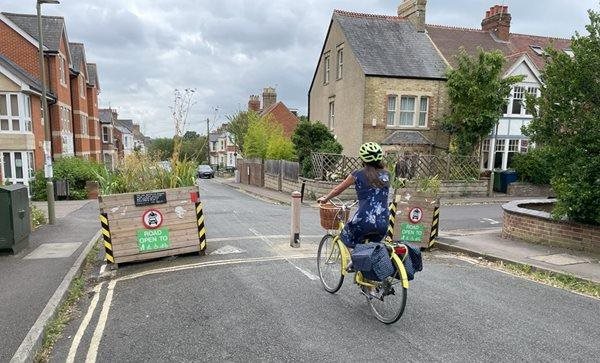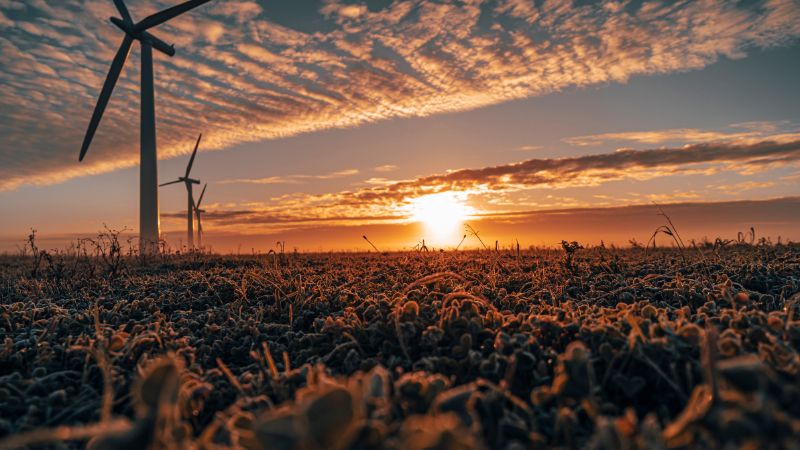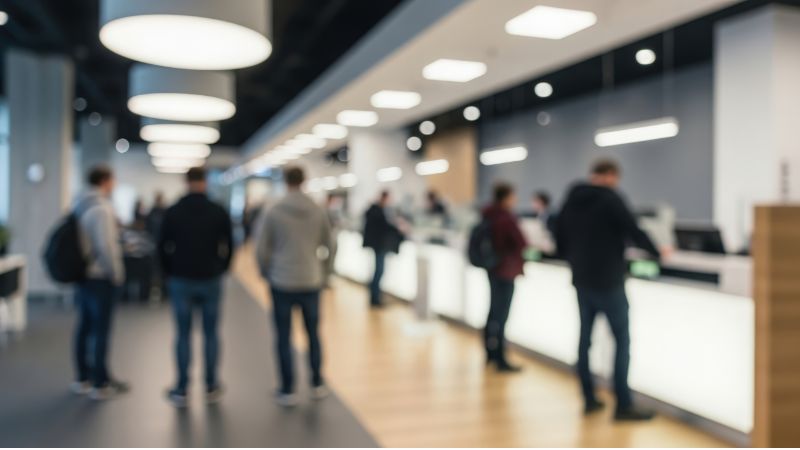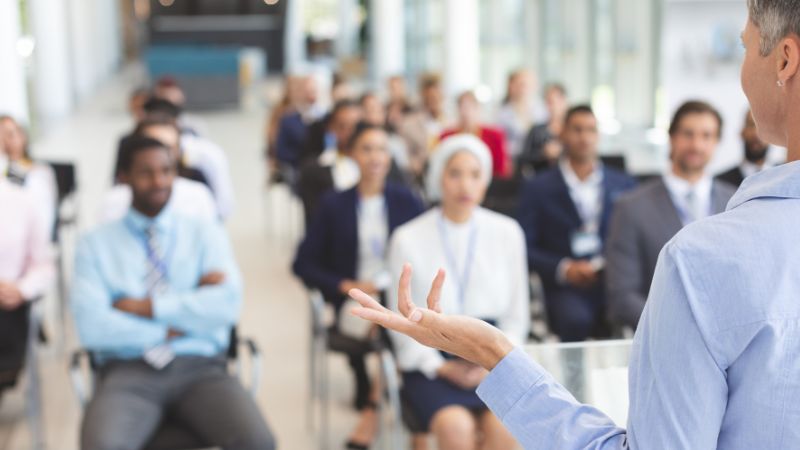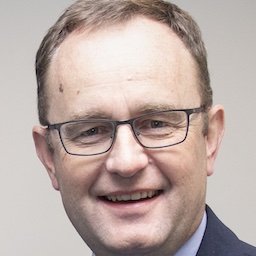Members of the Sustainable & Resilient Futures Network share a common aspiration: to address pressing global challenges through research and innovation that contribute to sustainable and resilient societies and environments.
Sustainability, in all its forms, is fundamental for societies to thrive. Concerns regarding humanity’s increasing destabilisation of the Earth and its resources, and of growing societal inequalities at local and global scales, remain central in current debates.
Climate change, socio-economic inequality, rights to resources and their distribution between human and non-human species, are major global issues that lie at the heart of the Sustainable & Resilient Futures agenda, aligning with and addressing the UN’s 17 Sustainable Development Goals. Most specifically, the COP26 conference in Glasgow fostered intra and international commitments to achieving net zero emissions targets and protecting communities and habitats from the worst effects of climate change. These are key areas of research among Network members.
More broadly, the Network draws on expertise from across the University that seek to contribute to a more sustainable and resilient world.




